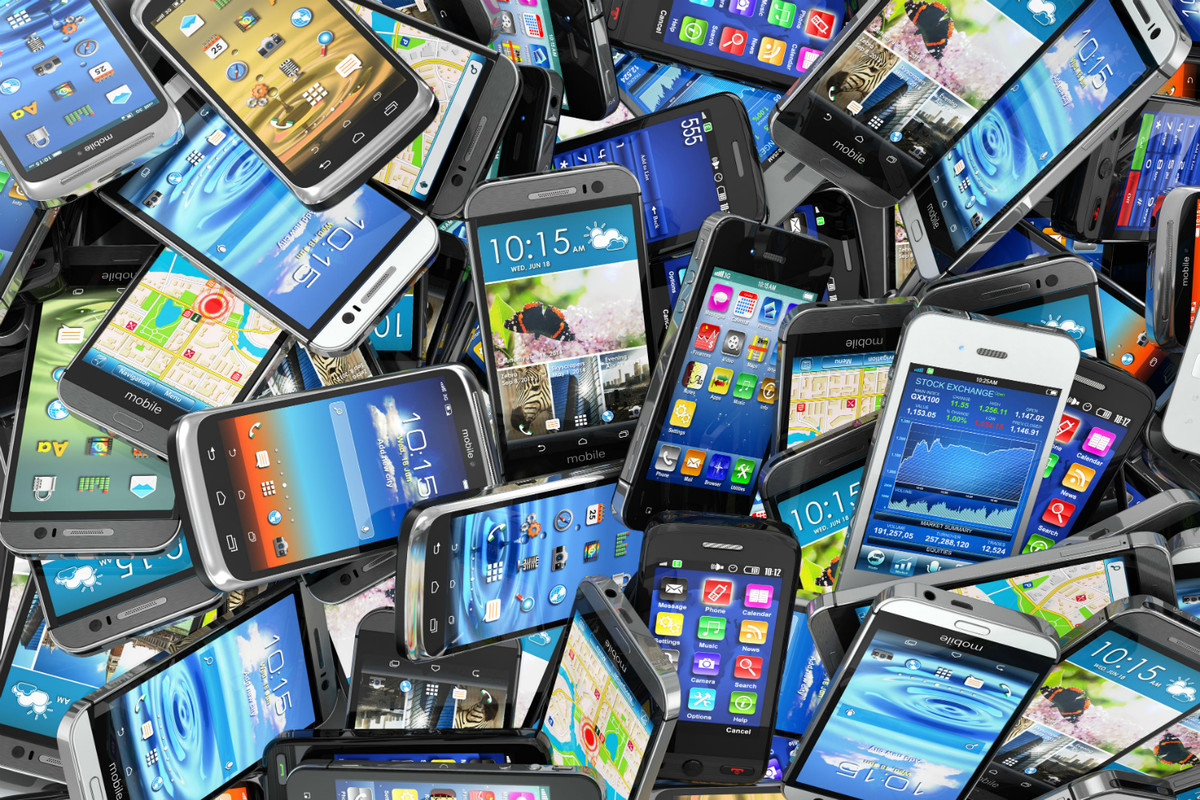The world's collective eyes were fixed on Rio de Janeiro, Brazil, last August as athletes from around the globe completed in the Rio Summer Olympic Games. Years earlier, however, organizers in Japan set in motion the wheels for the 2020 Tokyo Olympic and Paralympic Games.
One novel idea to emerge from the years of planning was recently revealed by the organizing committee. In lieu of mining raw materials used to create the gold, silver and bronze medals to be awarded to athletes, the committee has instead elected to source the needed materials from old electronics.
As you may know, obsolete electronics such as mobile phones, computers and even kitchen appliances contain very small amounts of precious metal. Beginning in April, the committee is inviting its citizens to drop off unused electronic devices at one of more than 2,400 collection stations at NTT Docomo stores (and an undecided number of public offices via the Japan Environmental Sanitation Center) across the country.
The aim is to collect as much as eight tons of metal - around 40kg of gold, 4,290 kg of silver and 2,944 kg of bronze - and refine it down to around two tons, the amount the committee says it needs to produce 5,000 medals for the 2020 Olympics.
Fun fact - Olympic gold medals haven't been made of actual gold since 1912.
The idea here is all about sustainability. Japanese gymnast Kohei Uchimura, a three-time Olympic gold medalist, said the Tokyo 2020 Olympic and Paralympic medals will be made out of people's thoughts and appreciation for avoiding waste.
I wonder how that jives with the country's reported interest in putting on a man-made meteor shower during the opening ceremony.
